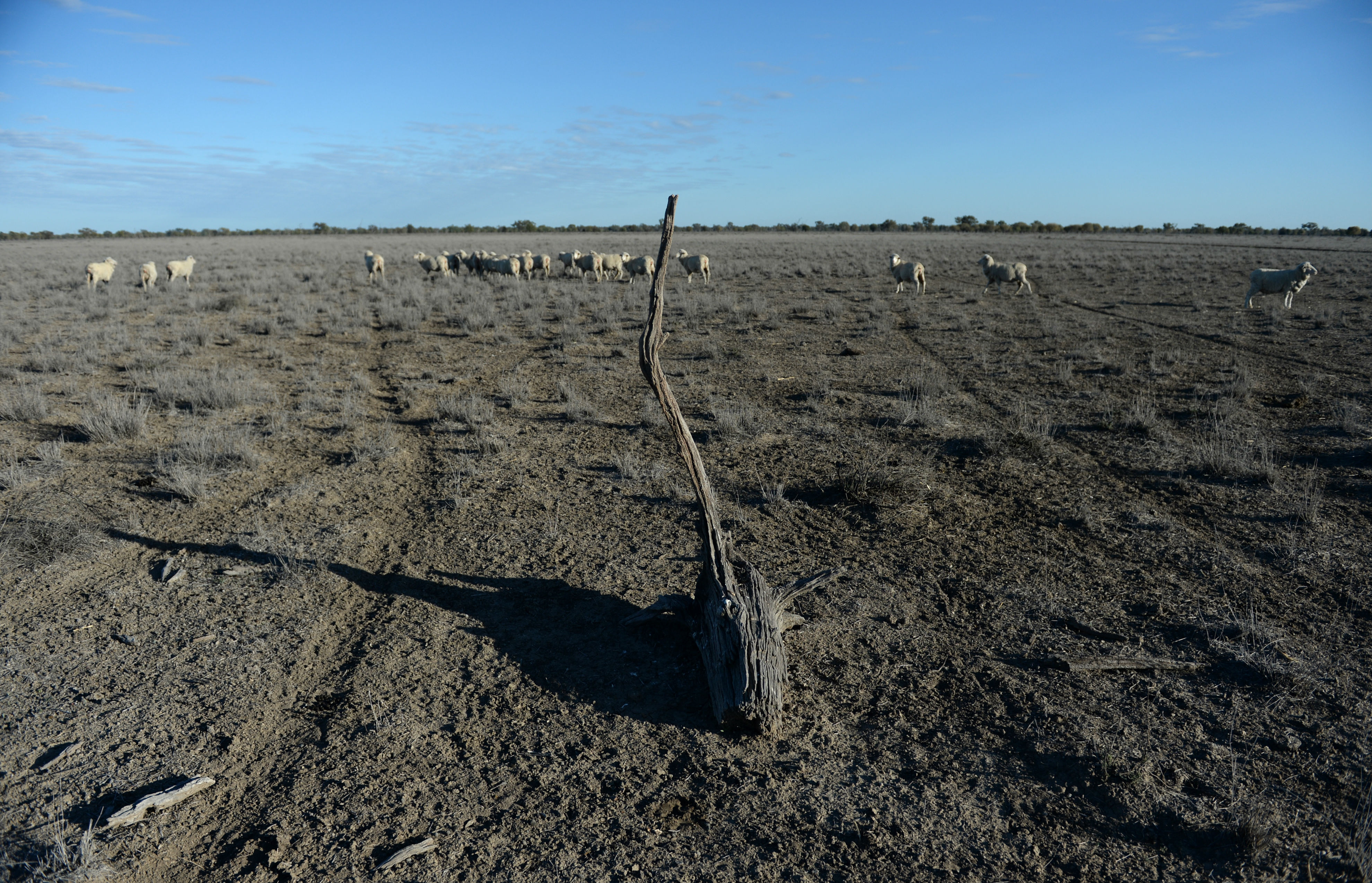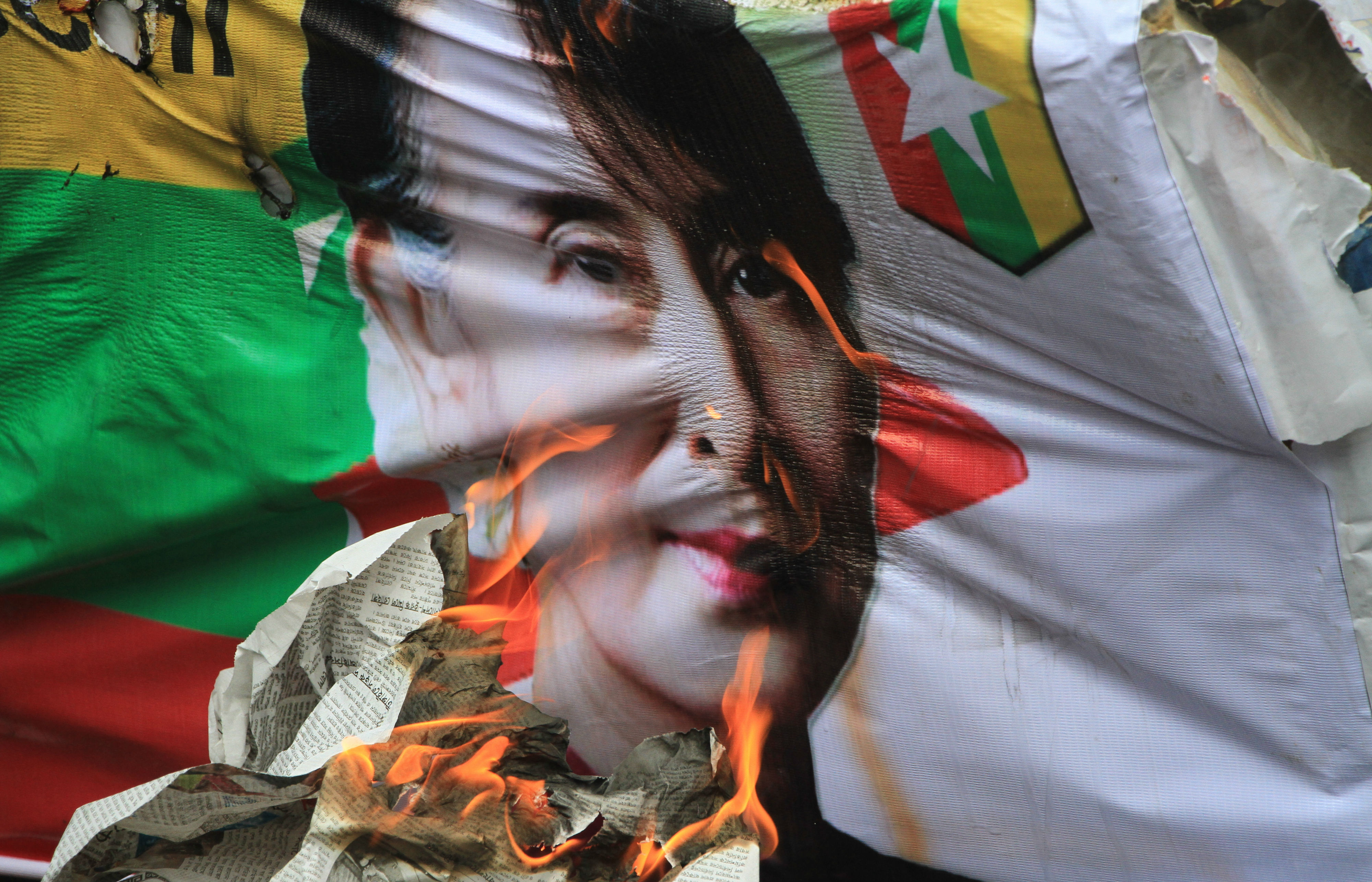Cardinal Charles Maung Bo, the Archbishop of Yangon, has condemned the “new energy let loose by the global Islamophobia” as a contributory factor in the persecution of Myanmar’s Rohingya Muslims. But, he said, the global outcry against de facto Myanmar leader, Aung San Suu Kyi (pictured) for failing to defend the Rohingya is misplaced.
Today (19 September) in an address to the nation, Aung San Suu Kyi condemned human rights violations in Myanmar’s Rakhine state and said she felt deeply for the suffering of everyone caught up in the conflict there. The UN estimates that some 400,000 Rohingya refugees have fled to Bangladesh from the state. Western diplomats and aid officials attending the address welcomed her message but some doubted whether she had said enough to end the criticism. Amnesty International said she and the Government were “burying their heads in the sand”.
The dramatic increase in refugee numbers in recent weeks follows the latest upsurge of violence which began on 25 August, when the army started to crack down on the Rohingya after two attacks by militant groups.
“Of course both the attacks on Rohingyas followed two attacks by militant groups,” Cardinal Bo told The Tablet. “Yet nothing can justify what happened afterwards.”
However, while Aung San Suu Kyi “could have done better”, he said, “to stigmatise her as if she did nothing is a far-fetched theory. She formed the Kofi Annan commission and her Government has agreed to implement the recommendations. That very day there was a militant attack and the reprisals started.” Former UN chief Kofi Annan was appointed by Aung San Suu Kyi to head a year-long commission tasked with healing divisions in Rakhine. Myanmar must scrap restrictions on movement and citizenship for the Rohingya to avoid fuelling “extremism”, Mr Annan said when the commission released its report on 24 August.
“If the legitimate grievances of local populations are ignored, they will become more vulnerable to recruitment by extremists,” said the report, whose recommendations Aung San Suu Kyi promised to implement. “She is not a full-time executive president. Her role today is very fragile. Democracy in the country is still fragile. She faces a strong nationalist extremist religious fringe that is spreading across the country,” Cardinal Bo told The Tablet. “The army controls the major ministries.”
Although the treatment of the Rohingya was “a great tragedy”, said Cardinal Bo, it needed to be brought “under the scope of other unresolved conflicts and displacements: Karens, Kachins, Shan and so on. The country needs healing on various fronts.”
Looking ahead to the visit to the country of Pope Francis in November, Cardinal Bo said Francis would be meeting with Aung San Suu Kyi in the capital Naypyidaw, and he hoped the meeting would address the “burning questions”.
“The Holy Father has stood against the headwinds of criticism and mourned the suffering of Muslims and Rohingyas,” Cardinal Bo said. “With unflinching courage we need to stand against global Islamophobia”.
PICTURE: Bangladeshi Muslims burn a picture of Aung San Suu Kyi and the Myanmar national flag to protest against Rohgingya Muslims killing in Rakhine states in Dhaka, Bangladesh on 15 September, 2017



 Loading ...
Loading ...